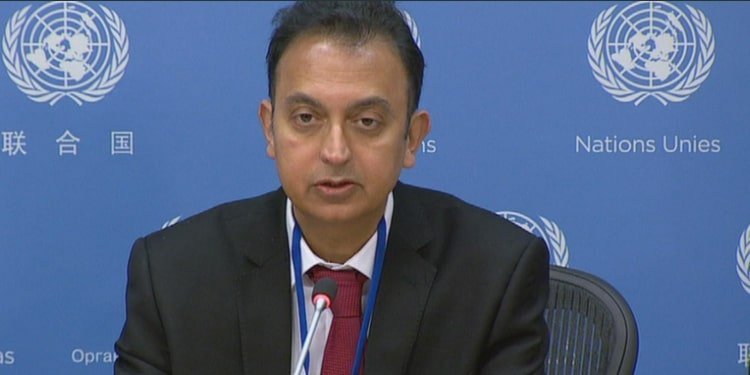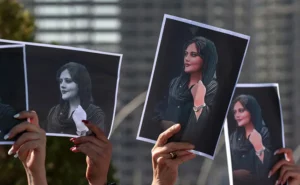The United Nations Special Rapporteur on the situation of human rights in Iran, Javaid Rehman, has submitted a second report to the General Assembly. The full report can be found here. This second report is focused on the human rights situation of ethnic and religious minorities in Iran, who are often treated as second class citizens and denied their full rights. The following is a brief summary of the report:
- The overall economic situation has created increased hardships for all Iranians, such as inflation, rising cost of living, and unemployment. The report notes that these challenges have been further exacerbated by the reimposition of U.S. sanctions and have affected the most vulnerable groups, which include minorities.
- The report further notes that the economic deterioration from sanctions have had secondary impact on access to basic human rights services, such as education and health.
- The flooding disaster from early spring has also contributed to economic hardship, with severe damage to infrastructure, housing, livestock and agriculture. The floods have negatively impacted millions of Iranians.
- The political situation is linked to increased repression and restrictions on basic rights, such as expression, press, and right to a fair trial.
- While the report notes a sharp decrease in executions in 2018 due to a change in law related to drug offenses, Iran’s execution rate is still one of the highest in the world and is especially appalling for including child offenders.
- The report also shows increased arrests of dual and foreign nationals, human rights lawyers, human rights activists, journalists, and workers assembling for legal protest.
- In the case of Iran’s ethnic and religious minorities, the Special Rapporteur has raised concerns over disproportionate targeting for political activism, executions related to national-security charges, and discriminatory practices in business and employment.
- One issue leading to such discriminatory practices is rooted in the legal framework of the constitution, which only recognizes Christians, Jews and Zoroastrians as religious minorities. Under this legal structure, conversion from Islam is also prohibited.
- These inequitable practices have an impact on the daily life of minorities, for instance in the case of inheritance, in which non-Muslims cannot inherent from Muslims.
- The case of Baha’is in Iran is especially concerning as they do not have protected status and have often been the targets of discriminatory practices. Baha’is are the largest unrecognized minority group in Iran, which the report estimates at about 350,000 people. The treatment of Baha’is goes beyond discriminatory practices, wherein Baha’is face constant persecution.
- The report also notes the legal prejudice against the Iranian LGBTQ community, by highlighting not only the criminalization of same-sex relations, but the use of the death penalty in some cases.
- The Rapporteur has also expressed his concerns over the legal status and treatment of women, as well as increased repression of women’s rights activists and anti-hijab activists.
- In the case of ethnic minorities, Iranian Arab Ahwazis, Kurds, Baluchis, and Azeri Turks, which combined number approximately 30 million people, are sometimes subjected to discriminatory practices and are among the hardest hit by economic troubles.
The Iranian government’s continued repression of basic freedoms and discriminatory practices on the basis of gender, sexuality, ethnicity and religion must be condemned. While the work of the UN Special Rapporteur is a welcome and needed step, more must be done to bring Iran into the international community so that it can be held accountable for its deplorable actions against its citizens.
Back to top

